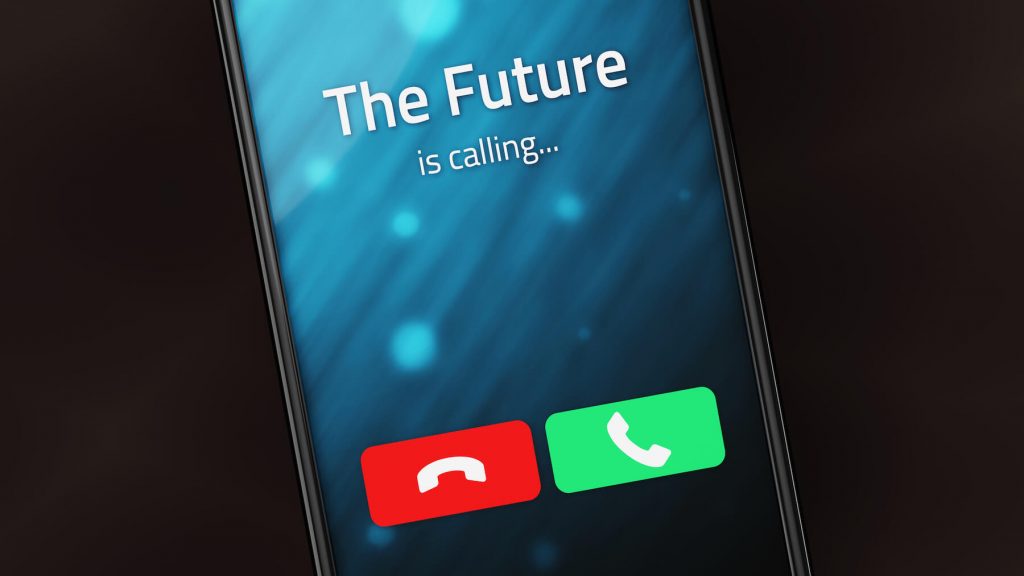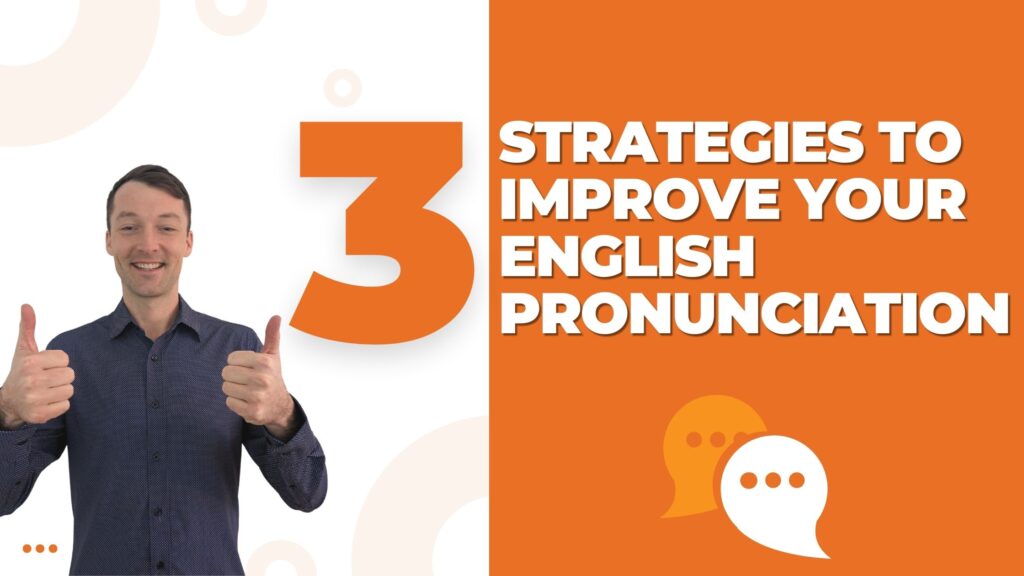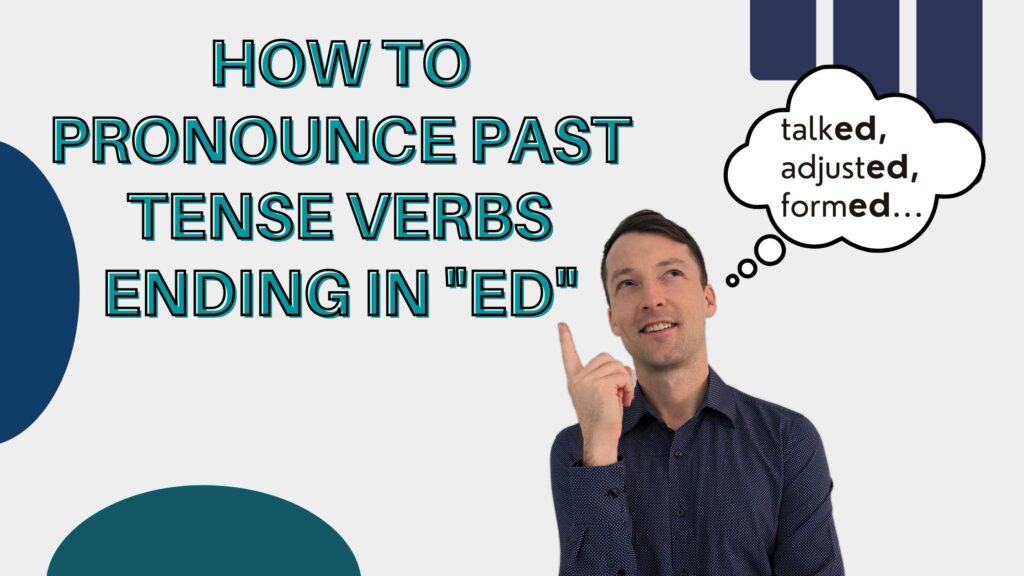There are 4 ways of expressing the future tense in English: will, be going to, the present continuous, and the simple present. In this posting I talk about each of these ways of expressing the future. I talk about when to use each of these ways, and how they are similar to and different from each other. There will be many example sentences. The download at the end will give you additional practice expressing the future in English.
Let us look at the 4 ways of expressing the future in English.
Expressing the future with will
We use the following formula for expressing the future with will:
subject + will + base form of the verb
To ask a question:
will + subject + base form of the verb
Will he be here tomorrow? Yes, he will. No, he won’t.
We use will in the following situations:
- To make a prediction about the future
- When we state a fact about the future
- Expressing a belief we have about the future
- To express what you want or are willing to do
- To make an offer about the future
- To make a promise
- To express an action that will happen at a certain time
- When something will happen either before or after another event, use will be + ing form of the verb.
Using be going to
Use this formula when expressing the future with be going to:
subject + am/are/is + going to + base form of the verb
We are going to move to Canada soon.
To ask a question:am/are/is + subject + going to + base form of the verb
Are you going to move to Canada soon? Yes, we are. No, we aren’t ( we’re not).
Use be going to for the following situations:
- To express a plan or intention
- To make a prediction based on evidence we can see. This is a little different than a prediction with will. When we use will, it is our opinion. We may or may not have any evidence.
- To express plans that you have made in advance
Expressing the future for predictions
No one really knows if a prediction will come true. Sometimes, however, you may be very sure that your prediction is correct and that it will come true. In this case, you may use either will or be going to.
- I believe a lot of people will travel in space in the future.
- I believe a lot of people are going to travel in space in the future.
Both sentences have the same meaning.
Expressing the future with the present continuous
We can express the future with the present continuous ( am/are/is + ing form of the verb) in the following situations:
- To express future plans that you have already made. In this case, the present continuous has the same meaning as be going to.
My friend is traveling to Europe next month.
We could also say, “My friend is going to travel ( is going to be traveling) to Europe next month. All have the same meaning.
My friend is going to travel ( is going to be traveling) to Europe next month.
2. To express something you have already arranged. Again, this has the same meaning as be going to.
I’m picking my sister up after work.
We usually use the present continuous to express the near future that we are reasonable sure will happen. We do not use it for something that might happen years from now.
Using the simple present
The final way of expressing the future is with the simple present. This is also for near future events. Use the simple present to express the future in these situations:
- To talk about a scheduled event or an event on a timetable–I need to leave.
- To talk about 2 future events, one earlier and one later. When this happens, we use will or be going to for the later event and the simple present for the earlier event.
You now know that the are 4 ways of expressing the future tense in English: will, be going to, the present continuous, and the simple present. Will and be going to can sometimes be used interchangeably to make predictions. In general, we use will to express beliefs, desires, offers, and promises about the future. We use be going to to discuss planned events and intentions. The present continuous is used in the same ways as be going to for near future events. The simple present is used for scheduled events or events that are on a timetable in the future. The download will give you additional practice expressing the future.
Idioms of the day
- to be full of hot air
— This means to talk a lot and express opinions about things that you have little knowledge about. The guest at the party last night could not stop talking about politics. Everything he said was wrong. He was really full of hot air.
- to fight fire with fire
–This means to react to an insult by insulting the person in an equal or worse way. She mentioned that I bought a new car that was too expensive for my budget. I got mad and decided to fight fire with fire. I reminded her about how she lost her home last year when she couldn’t pay the rent.




